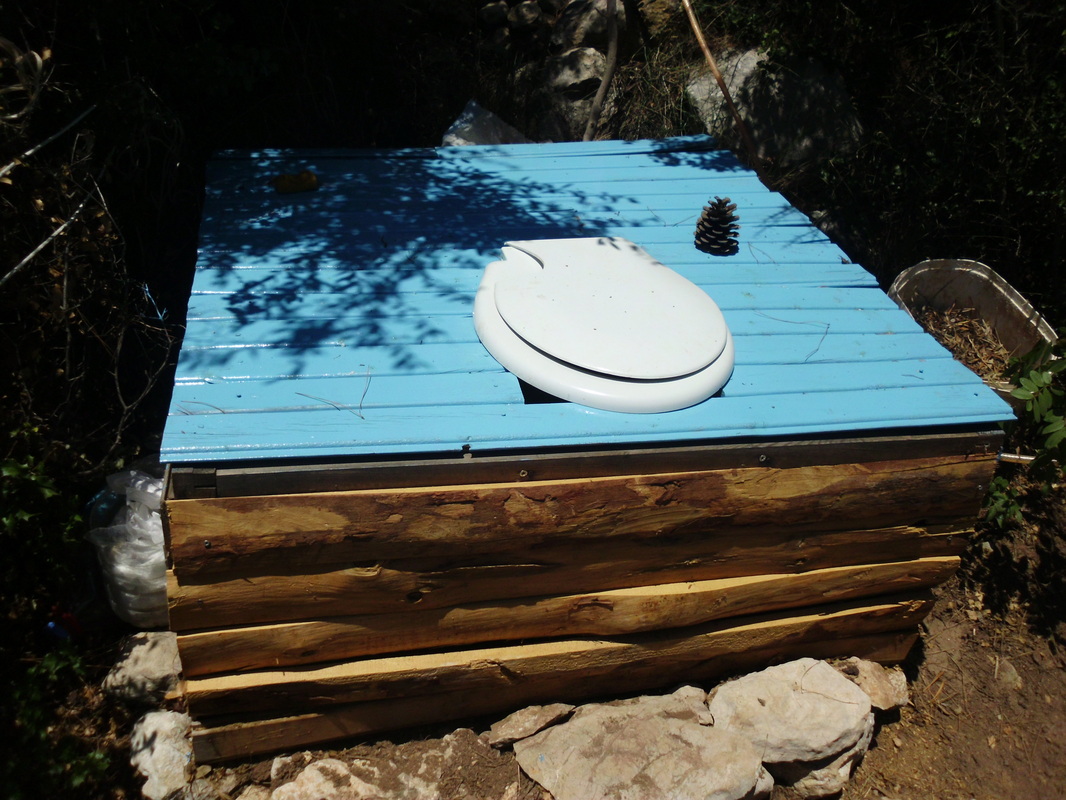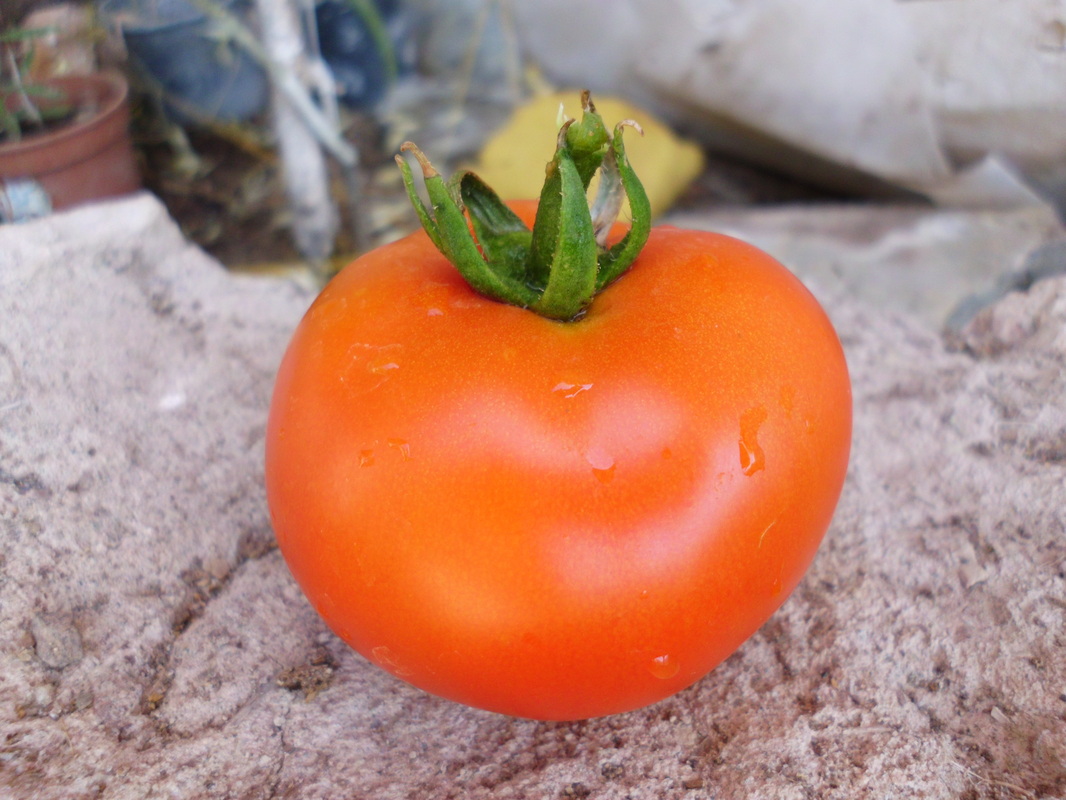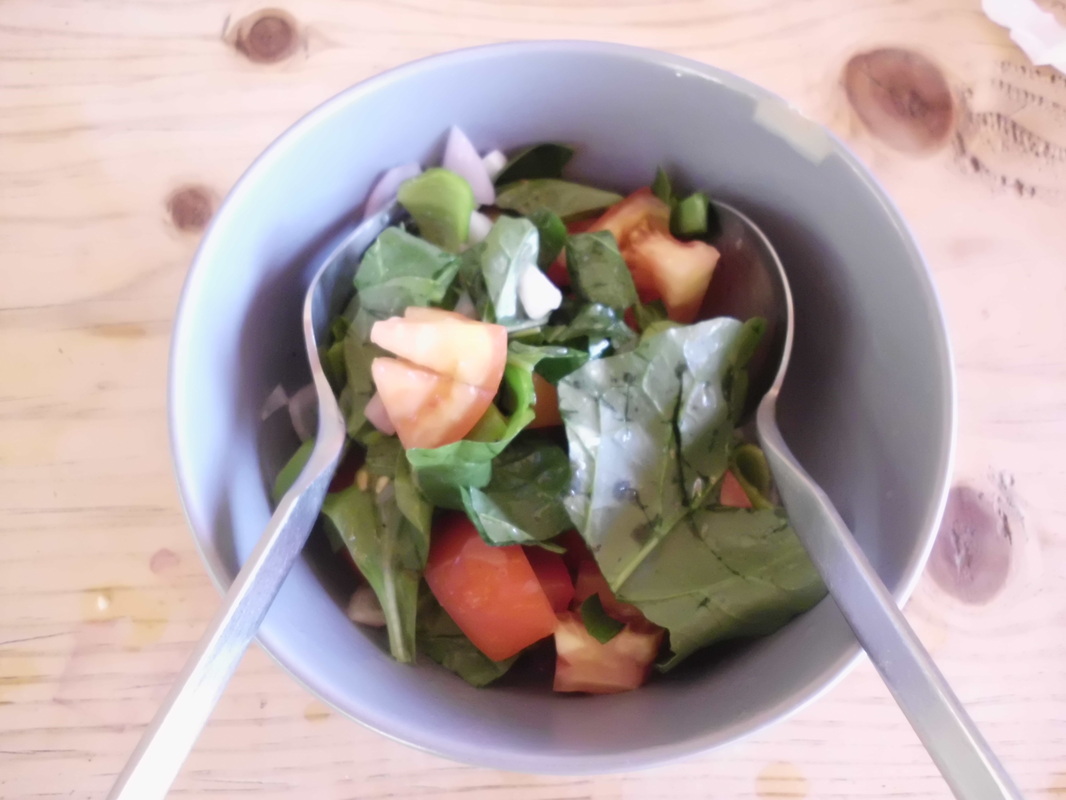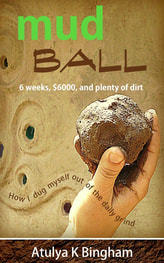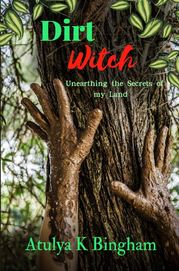The Circle of Life
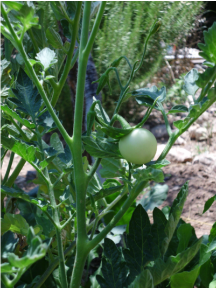
Squeamish? Probably best to stop here.
Three years on. I still haven't died of amoebic dysentery, nor have I contracted cholera. My veggies are still thriving, even rivalling those grown with brand fertilisers. And yet still, still, I am greeted by any number of looks, ranging from marginally disturbed to outright disgusted, when I explain the wonderful, beautiful, cycle of life that is natural food growth and how my composting toilet works. Sometimes I'm see flickers of trouble so profound, I fear calls to Health and Safety are on the horizon. And then I remember that thankfully I'm in Turkey. Health and safety? Pah! That's for those Eurozone scaredyfluffwimplings, not for us sun-lashed toughnuts at the edge of the Middle East.
After much rumination on the subject, I've come to the conclusion there is a widespread lack of education regarding our own waste; yes, I'm talking about poo, manure, excretion. I'm learning that crapping is a bit like death. Everyone does it and no one wants to talk about it. No one wants to even look at it. Yet, a second before our unused food matter hits the toilet bowl, it sits nice and comfy in our colon (if you're a meat-eater, then it might sit for quite a while). I told you. You were warned. This page isn't for the faint of heart.
And yet it should be. After three years of my composting toilet, I'm starting to adore excrement. It's wonderful stuff. Amazing even! Because nothing in nature is useless, and one being's waste is another's banquet. After I seal the lid of my composting toilet for its six-month degradation period, a number of the planet's smaller inhabitants begin dancing and leaping for joy. Aerobic bacteria must think their boat's come in. It is they who neutralise the pathogens and transform the faeces into fertilising soil. Lizards, skinks, beetles, ants and other small critters also move in. They eat bits and churn through others. Six months later, when you open the lid, a miracle has occurred. You are left with a peat-like substance. And nothing else I have put on my plants is enjoyed by them more. Not sheep manure, nor carob tree earth. Everything from the citrus to the aubergines is crying out for my dung, and they literally turn deep green over night when they get it.
But just as plants love our waste, we love theirs. If trees were like humans and had separated themselves mentally from the world they were in, had learned to hate their waste, their conversations might go something like this:
'Hey. Did you see that, Larch?'
'What?'
'The human. Unbelievable. It's breathing in our waste.'
'Where?'
'There!'
(Leaves crumple in horror) 'Ooh. That's disgusting!'
'I know! Can you imagine breathing in O2? It's a wonder they don't all keel over poisoned. Look at him, he's gulping it in!'
'Urgh. Can we change the subject? I'm respiring right now.'
So what of those illnesses we do know are passed through human faeces? There's a reason we're squeamish, isn't there? People do contract serious diseases, or even die, from ingesting polluted food or water. But this is where the confusion sets in. The prejudice regarding recycling human waste is probably derived from an image of a fetid pool that someone without a decent water supply is forced to drink from. Excrement, when left in a warm, wet environment, is certainly a hazard. This is why you don't throw water into your composting toilet, but add plenty of sawdust or coconut coir. Evaporation takes care of the rest. Saying that using composted human waste that has degraded for months thus transforming into something quite different can cause disease, simply shows a lack of understanding about a) how matter biodegrades and b) how such diseases are transmitted. They are not termed 'waterborne' for nothing. Diseases like cholera or typhoid don't 'jump' from compost onto vegetables. They can't survive in dry soil or hover mid-air. They thrive in warm, wet environments, like bodies, swamps, and public drainage systems. They may even be living in your toilet. They don't, however, survive in mine.
And the final proof that natural fertiliser is actually magic manifesting earth-dust in disguise?
I haven't planted a single tomato, yet all over my land they have sprung up. The seeds survived in the compost (as they evolved to do) and sprouted among my other veg. They were watered. Flowers bloomed. Tomatoes bulged. They ripened. And then today, I picked one and put it in my salad. At this very moment, it's making it's way through my digestive tract. In a few hours it will be back in the composting toilet, and this marvellous process will begin again. If you can't see the beauty in that, then I have to shrug in defeat. If you still prefer to buy a neutered seed from a corporation and feed it soil-depleting and potentially cell-damaging chemicals, so be it. But me? I'm eating that tomato. Again and again and again.
Three years on. I still haven't died of amoebic dysentery, nor have I contracted cholera. My veggies are still thriving, even rivalling those grown with brand fertilisers. And yet still, still, I am greeted by any number of looks, ranging from marginally disturbed to outright disgusted, when I explain the wonderful, beautiful, cycle of life that is natural food growth and how my composting toilet works. Sometimes I'm see flickers of trouble so profound, I fear calls to Health and Safety are on the horizon. And then I remember that thankfully I'm in Turkey. Health and safety? Pah! That's for those Eurozone scaredyfluffwimplings, not for us sun-lashed toughnuts at the edge of the Middle East.
After much rumination on the subject, I've come to the conclusion there is a widespread lack of education regarding our own waste; yes, I'm talking about poo, manure, excretion. I'm learning that crapping is a bit like death. Everyone does it and no one wants to talk about it. No one wants to even look at it. Yet, a second before our unused food matter hits the toilet bowl, it sits nice and comfy in our colon (if you're a meat-eater, then it might sit for quite a while). I told you. You were warned. This page isn't for the faint of heart.
And yet it should be. After three years of my composting toilet, I'm starting to adore excrement. It's wonderful stuff. Amazing even! Because nothing in nature is useless, and one being's waste is another's banquet. After I seal the lid of my composting toilet for its six-month degradation period, a number of the planet's smaller inhabitants begin dancing and leaping for joy. Aerobic bacteria must think their boat's come in. It is they who neutralise the pathogens and transform the faeces into fertilising soil. Lizards, skinks, beetles, ants and other small critters also move in. They eat bits and churn through others. Six months later, when you open the lid, a miracle has occurred. You are left with a peat-like substance. And nothing else I have put on my plants is enjoyed by them more. Not sheep manure, nor carob tree earth. Everything from the citrus to the aubergines is crying out for my dung, and they literally turn deep green over night when they get it.
But just as plants love our waste, we love theirs. If trees were like humans and had separated themselves mentally from the world they were in, had learned to hate their waste, their conversations might go something like this:
'Hey. Did you see that, Larch?'
'What?'
'The human. Unbelievable. It's breathing in our waste.'
'Where?'
'There!'
(Leaves crumple in horror) 'Ooh. That's disgusting!'
'I know! Can you imagine breathing in O2? It's a wonder they don't all keel over poisoned. Look at him, he's gulping it in!'
'Urgh. Can we change the subject? I'm respiring right now.'
So what of those illnesses we do know are passed through human faeces? There's a reason we're squeamish, isn't there? People do contract serious diseases, or even die, from ingesting polluted food or water. But this is where the confusion sets in. The prejudice regarding recycling human waste is probably derived from an image of a fetid pool that someone without a decent water supply is forced to drink from. Excrement, when left in a warm, wet environment, is certainly a hazard. This is why you don't throw water into your composting toilet, but add plenty of sawdust or coconut coir. Evaporation takes care of the rest. Saying that using composted human waste that has degraded for months thus transforming into something quite different can cause disease, simply shows a lack of understanding about a) how matter biodegrades and b) how such diseases are transmitted. They are not termed 'waterborne' for nothing. Diseases like cholera or typhoid don't 'jump' from compost onto vegetables. They can't survive in dry soil or hover mid-air. They thrive in warm, wet environments, like bodies, swamps, and public drainage systems. They may even be living in your toilet. They don't, however, survive in mine.
And the final proof that natural fertiliser is actually magic manifesting earth-dust in disguise?
I haven't planted a single tomato, yet all over my land they have sprung up. The seeds survived in the compost (as they evolved to do) and sprouted among my other veg. They were watered. Flowers bloomed. Tomatoes bulged. They ripened. And then today, I picked one and put it in my salad. At this very moment, it's making it's way through my digestive tract. In a few hours it will be back in the composting toilet, and this marvellous process will begin again. If you can't see the beauty in that, then I have to shrug in defeat. If you still prefer to buy a neutered seed from a corporation and feed it soil-depleting and potentially cell-damaging chemicals, so be it. But me? I'm eating that tomato. Again and again and again.

